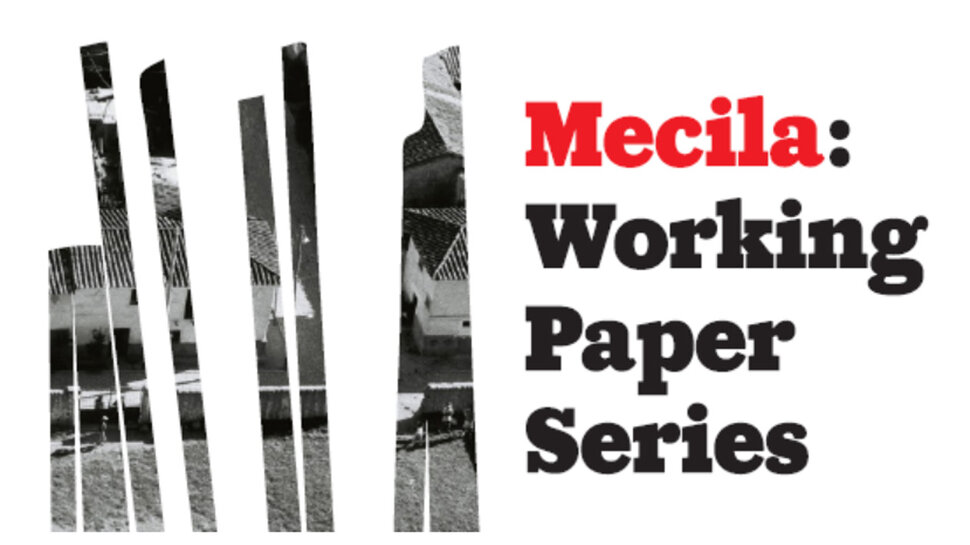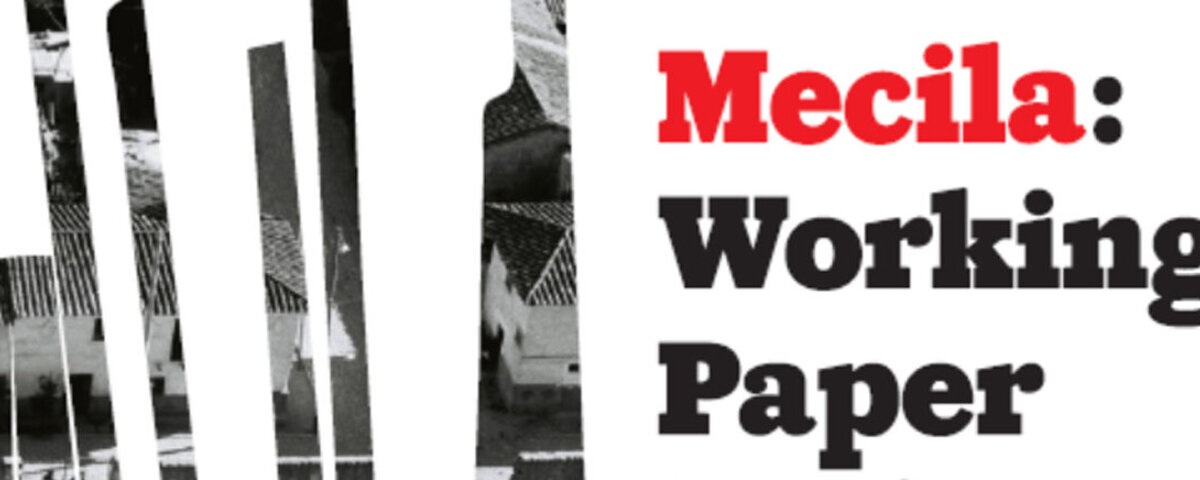The Ibero-Amerikanisches Institut (Ibero-American Institute, IAI) is one of the institutions in the international collaborative project Mecila (Maria Sibylla Merian Centre Conviviality-Inequality in Latin America) (external link, opens in a new window). Mecila investigates the social, political, and cultural forms of conviviality and inequality in Latin America and the Caribbean from an interdisciplinary perspective. The results of the project's research are published in various formats, including a comprehensive series of working papers. In the Mecila working paper “Restitution and Postcolonial Justice” (Working paper no. 84, 2025), Julia von Sigsfeld addresses a central issue in postcolonial cultural discourse: the restitution of cultural property from European museums and collections to their societies of origin. Von Sigsfeld goes beyond purely legal or administrative debates and, starting from a dialogical approach, develops perspectives of justice beyond colonial power structures. Her reflections focus on the question of how restitution processes are motivated and shaped in different contexts and what role ethical reflection, international cooperation, and transcultural exchange play in them. Von Sigsfeld shows that restitution claims are mostly based on a mixture of legal claims, moral arguments, and political negotiations. She emphasizes that successful action is only possible if the societies of origin and the institutions involved engage in dialogue on an equal footing and develop solutions together.
For the author, the principle of genuine dialogue is fundamental: restitution should not be understood as a unilateral process dominated by European actors, but rather as a cooperative act in which different systems of knowledge and ethical conceptions are given equal value. Museums, policymakers, and representatives of the societies of origin must jointly develop procedures in which not only material property titles count, but also symbolic recognition and the healing of historical traumas.
The working paper emphasizes that restitution should not be seen as a one-off act, but should be part of a comprehensive justice process. This includes transparency, mutual respect, and a willingness to jointly reevaluate historical narratives. It is also important to reflect on power asymmetries: even in seemingly cooperative conversations, the colonial legacy remains palpable, whether through differences in resources, different forms of knowledge, or unequal opportunities for participation. The author calls for these power relations not to be silenced, but actively addressed. Only then, she concludes, can restitution truly be understood as a contribution to postcolonial justice.
Legal information about the decorative image: © Mecila
Legal information about the decorative image: © Mecila
Mecila Working Paper on Restitution and Postcolonial Justice
In a working paper on “Restitution and Postcolonial Justice,” Julia von Sigsfeld analyzes restitution processes for cultural property in a postcolonial context. The focus is on a dialogical approach that involves museums and societies of origin on an equal footing.

